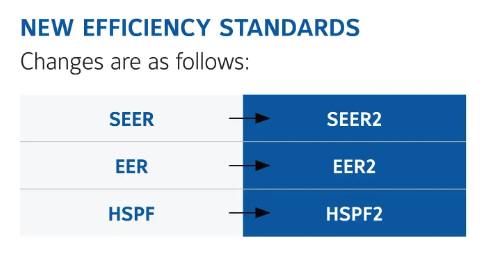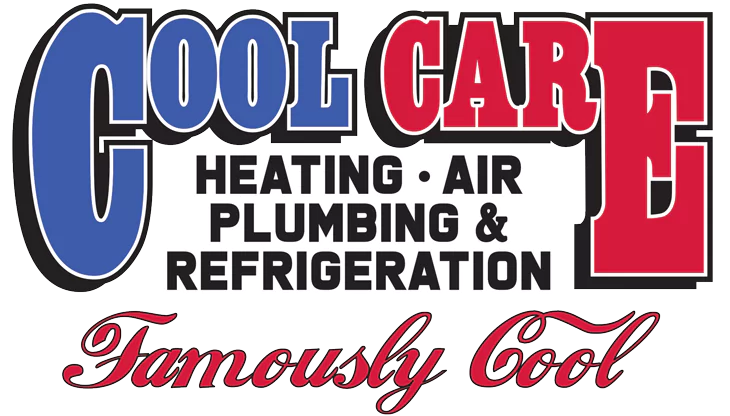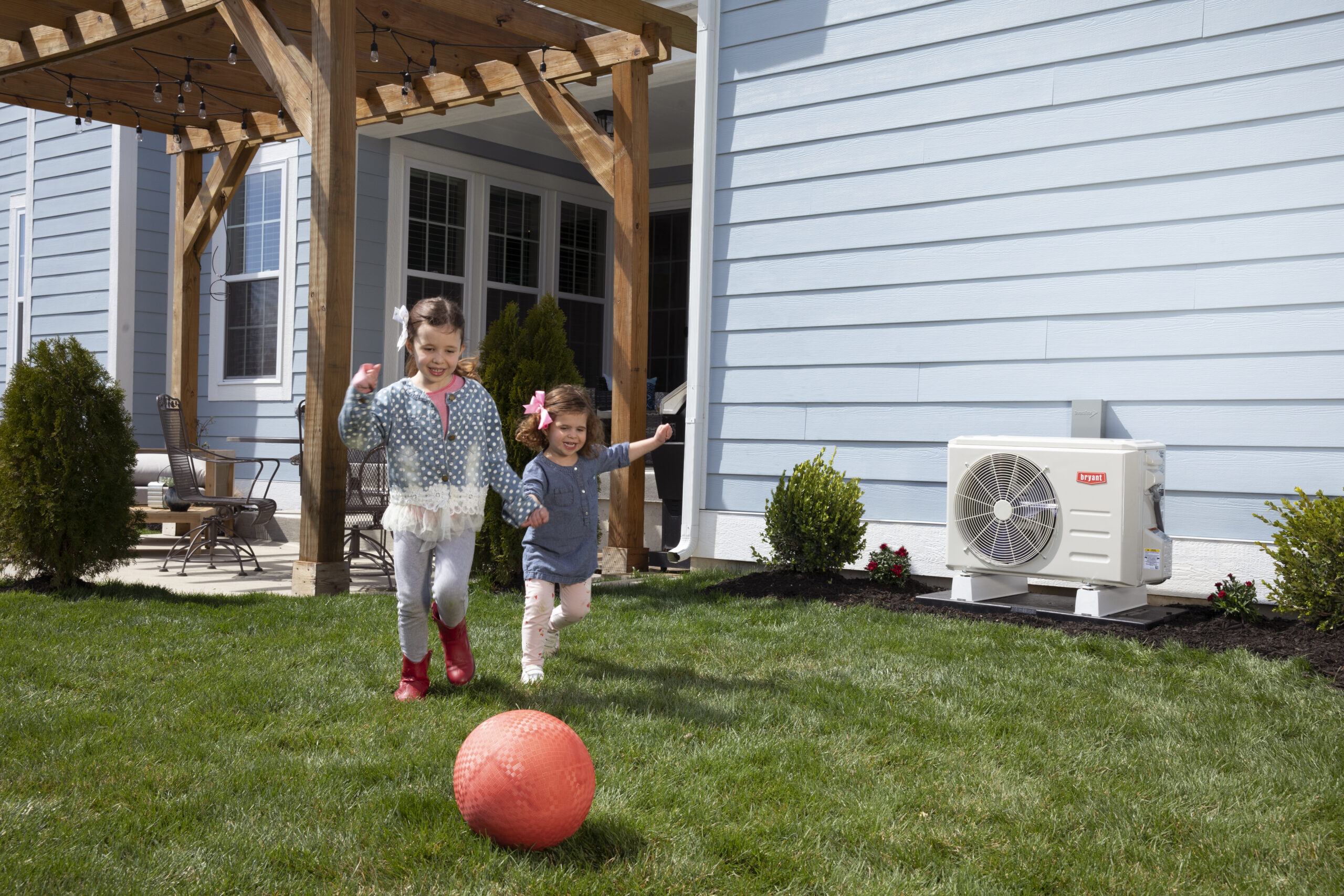For efficiency purposes, you want to measure how much heating or cooling your HVAC system provides per amount of fuel used.
Cooling Efficiency Ratings
The two efficiency ratings you should know when it comes to cooling equipment like air conditioners and mini splits are SEER2 and EER2.
Seasonal Energy Efficiency Ratio (SEER2)
The Seasonal Energy Efficiency Ratio (SEER2) is the standard measure of efficiency for air conditioning and mini split systems. The rating is a simple ratio: the total cooling output from a piece of equipment (BTU) divided by the energy it consumed in watt-hours. It can be thought of as an average efficiency over the cooling season.
One important thing to remember when checking a unit’s SEER2 and other efficiency ratings is that the rating is a useful benchmark for comparing products, but your climate and usage pattern will determine how efficiently the unit will operate in your home. Most central air conditioners have a SEER2 rating between 13-18 with those at the higher end of this range considered highly energy efficient. Mini-split systems can see SEER2 ratings as high as 28.
Energy Efficiency Ratio (EER2)
The closely related Energy Efficiency Ratio (EER2) is found by dividing the output cooling (BTU) by the electric energy input in watt-hours at a specific operating point. Unlike SEER2, EER2 is not a seasonal measurement and is better suited for use in warm, stable climates.
Heating Efficiency Ratings
When it comes to heating efficiency ratings, you should understand HSPF2 and AFUE.
Heating Seasonal Performance Factor (HSPF2)
If you’re looking to save energy, one option for you might be a heat pump. Heat pumps transfer heat from the indoors out and from the outside in. When it cools, its efficiency is measured using SEER2 and EER2 as discussed above. When heating, efficiency is measured using the Heating Seasonal Performance Factor (HSPF2) rating.
Like SEER2 and EER2, the higher the rating, the more efficient the heat pump. It is a similar measurement: heat output over a typical heating season (BTU) divided by the electricity used in watt-hours. Be careful when comparing HSPF2 and SEER2, because the range for HSPF2 is shifted a bit lower than SEER2 with the most efficient systems maxing out around 12 HSPF2.
Annual Fuel Utilization Efficiency (AFUE)
Most people in the United States use furnaces or boilers for their whole home heating solutions. Since a different source of fuel is used for these systems, a different furnace efficiency rating is used – the Annual Fuel Utilization Efficiency (AFUE).
AFUE is expressed as a percentage instead of a rating like SEER2, EER2 or HSPF2 and measures the thermal efficiency of combustion equipment over the entire heating season. It is calculated by dividing the amount of energy that is heating your home by the total energy contained in the fuel used by the boiler or furnace.
Today, average boilers see AFUE percentages around 80%–meaning 80% of the energy put into the unit is turned into useful heating energy–while high efficiency condensing boilers have efficiencies of 90% AFUE or greater.

2023 New Minimum Efficiency Requirements
On January 1st, 2023, the U.S. Department of Energy raised minimum SEER2, HSPF2 and EER2 requirements, thus, updating the way efficiency is measured. To better reflect real world conditions, the new efficiency testing procedures increased the system’s external static pressure by a factor of five. The result was a new scale of efficiency measurement–SEER became SEER2; EER became EER2, and HSPF became HSPF2. The table and map below indicate minimum ratings by equipment type and region. The Southeast and Southwest regions were particularly impacted. After January 1st, 2023, air conditioning equipment not meeting the new minimum efficiency standards could not legally be installed in those regions even if purchased prior to that date.
Do I Need to Upgrade My Current HVAC System?
If you have an existing heat pump or air conditioner installed that does not meet the minimum efficiency requirements, no action is necessary; however, the next time you decide to upgrade or replace your system, you will be required to follow the new efficiency standards.
If you need assistance in understanding any of the new efficiency ratings or are interested in purchasing a more energy efficient unit, just give us a call at 803.772.7715; we are happy to help!


